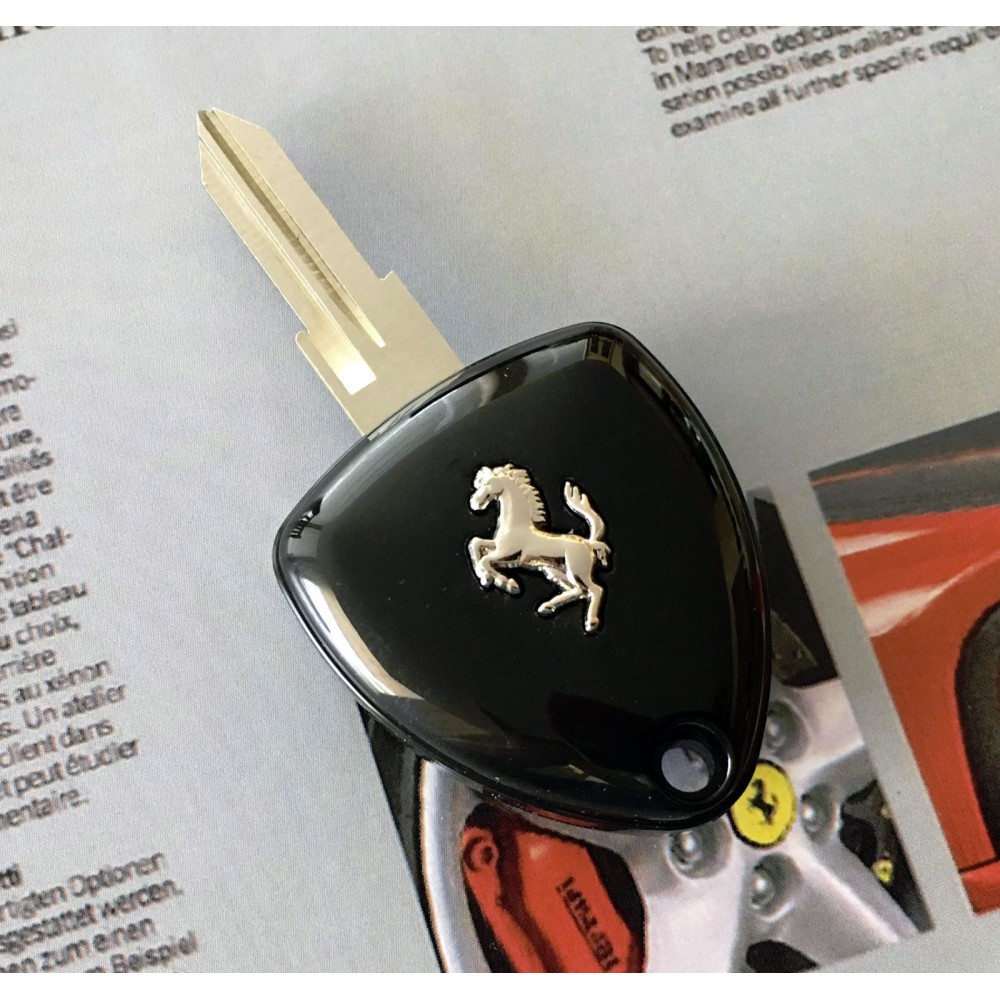Canadian Automotive Leaders Urge Bold Response To Trump Administration

Table of Contents
Economic Impacts of Trump Administration Policies on the Canadian Auto Sector
The Trump administration's protectionist policies, particularly the imposition of tariffs and the initiation of trade disputes, dealt a significant blow to the Canadian automotive industry. These actions directly increased production costs, disrupted supply chains, and hindered access to the lucrative US market – Canada's largest export destination for automotive products.
The consequences have been stark:
- Loss of market share in the US: Canadian automakers faced reduced competitiveness due to higher prices resulting from tariffs.
- Increased production costs: Tariffs on imported parts and materials significantly increased manufacturing expenses.
- Supply chain disruptions: The uncertainty surrounding trade relations led to delays and inefficiencies in the supply chain.
- Potential plant closures: The economic pressure forced some companies to consider scaling back production or even closing plants in Canada.
- Impact on related industries: The automotive sector's struggles affected numerous supporting industries, including parts suppliers, logistics companies, and dealerships, leading to widespread job losses and economic hardship. This domino effect underscores the interconnected nature of the Canadian economy and the critical role of the automotive industry.
Canadian Automotive Leaders' Calls for Action
Faced with these challenges, Canadian automotive leaders have united in calling for a strong and proactive response. Organizations like the Canadian Vehicle Manufacturers' Association (CVMA) and individual CEOs of major automakers have advocated for several key actions:
- Negotiation and diplomatic efforts: Intensified diplomatic efforts to resolve trade disputes and find mutually beneficial solutions are crucial.
- Exploring alternative trade agreements: Diversifying export markets and forging new trade partnerships outside the US is essential for reducing reliance on a single market.
- Investment in domestic automotive technology and innovation: Focusing on developing and manufacturing cutting-edge technologies, such as electric vehicles and autonomous driving systems, will enhance competitiveness.
- Government support and incentives for the auto sector: Targeted government programs, including tax breaks, subsidies, and research grants, can provide crucial support to the industry.
- Public awareness campaigns: Educating the public about the importance of the automotive industry and the threats it faces can galvanize support for effective government action.
The Role of the Canadian Government in Protecting the Automotive Industry
The Canadian government's response to the challenges has involved a mix of trade negotiations, financial support, and political pressure on the US government. The effectiveness of these measures is still being assessed, and long-term strategies are crucial.
- Government funding allocated to the industry: The government has committed significant funds to support research and development, worker retraining, and plant modernization initiatives.
- Effectiveness of trade negotiations: While some progress has been made, the overall success of trade negotiations remains a critical factor in determining the industry's future.
- Political pressure exerted on the US government: The Canadian government has actively engaged in diplomatic efforts to resolve trade disputes and seek a fair and equitable trading relationship.
- Public opinion and its impact on government action: Public pressure can play a significant role in influencing government policies and decisions related to the automotive industry.
- Long-term strategies for industry resilience: Developing long-term strategies focused on diversification, innovation, and workforce development is crucial for building a resilient automotive sector.
Long-Term Strategies for the Canadian Automotive Industry
To ensure its long-term viability, the Canadian automotive industry needs a comprehensive strategy focused on diversification, innovation, and collaboration.
- Investment in research and development: Increased investment in research and development is vital for developing next-generation vehicles and technologies, such as electric and autonomous vehicles.
- Focus on electric vehicle production: Positioning Canada as a leader in electric vehicle manufacturing can attract investment and create new jobs.
- Exploration of new export markets: Actively seeking new export markets in Asia, Europe, and other regions is crucial to reducing dependence on the US market.
- Collaboration with other countries: Strengthening partnerships with other countries involved in automotive manufacturing and technology can create new opportunities for collaboration and innovation.
- Skills development and training programs for the workforce: Investing in the skills and training of the workforce is crucial to ensure that Canada has the talent needed to compete in the evolving automotive landscape.
Conclusion: A Bold Response is Needed
Canadian automotive leaders have rightfully sounded the alarm about the significant economic repercussions of the Trump administration's policies. The potential for job losses, plant closures, and broader economic instability necessitates a bold response. Both the Canadian automotive industry and the government must adopt a proactive approach, investing in innovation, diversifying markets, and advocating for fair trade practices. We urge readers to stay informed about the evolving situation, engage in discussions around the future of the Canadian automotive industry response to bold response to US trade policies, and contact their elected officials to express their concerns and advocate for a strong and resilient Canadian automotive sector. A proactive strategy is essential to secure a thriving Canadian automotive industry for generations to come.

Featured Posts
-
 Protecting Your Investment Essential Gear For Ferrari Owners
May 24, 2025
Protecting Your Investment Essential Gear For Ferrari Owners
May 24, 2025 -
 Lauryn Goodmans Italy Move The Truth Behind The Kyle Walker Ac Milan Transfer Story
May 24, 2025
Lauryn Goodmans Italy Move The Truth Behind The Kyle Walker Ac Milan Transfer Story
May 24, 2025 -
 Bank Of Canada To Cut Rates Three More Times Desjardins Prediction
May 24, 2025
Bank Of Canada To Cut Rates Three More Times Desjardins Prediction
May 24, 2025 -
 Upgrade Your Ferrari Experience Essential Gear And Accessories
May 24, 2025
Upgrade Your Ferrari Experience Essential Gear And Accessories
May 24, 2025 -
 Glastonbury 2025 Lineup Olivia Rodrigo The 1975 And More Confirmed
May 24, 2025
Glastonbury 2025 Lineup Olivia Rodrigo The 1975 And More Confirmed
May 24, 2025
Latest Posts
-
 Marvel The Avengers Solving The Nyt Mini Crossword Clue For May 1st
May 24, 2025
Marvel The Avengers Solving The Nyt Mini Crossword Clue For May 1st
May 24, 2025 -
 Nyt Mini Crossword Sunday May 11 Hints And Solutions
May 24, 2025
Nyt Mini Crossword Sunday May 11 Hints And Solutions
May 24, 2025 -
 Solve The Nyt Mini Crossword April 6 2025 Hints And Solutions
May 24, 2025
Solve The Nyt Mini Crossword April 6 2025 Hints And Solutions
May 24, 2025 -
 Nyt Mini Crossword Solution Marvel The Avengers Clue May 1st
May 24, 2025
Nyt Mini Crossword Solution Marvel The Avengers Clue May 1st
May 24, 2025 -
 Solve The Nyt Mini Crossword March 13 Answers And Strategies
May 24, 2025
Solve The Nyt Mini Crossword March 13 Answers And Strategies
May 24, 2025
